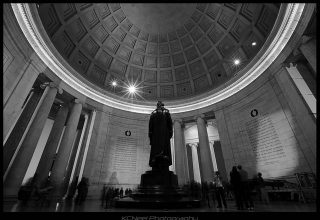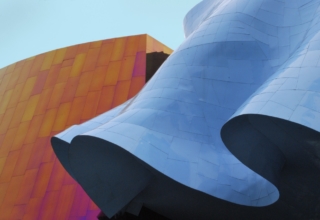
I believe that in many respects, the foundation of human conflict rests on the full spectrum of relationship between men and women on a fundamental level. Today, we see positive changes in some places due to more opportunities for women – personally, professionally, economically, and politically; not complete equity, but considerable improvement. However, we are well aware of continuing discrimination and sexual harassment in virtually all sectors (business, technology, media, academia, etc.) We are also witnessing a tragic increase in sexual trafficking, and the weaponizing of rape, as well as domestic violence. Change has many sides, and a global re-examination of identity by both men and women is a key route for better interpersonal communication between the sexes and the result would be much less gender-based violence and bias.
However, gender is just one aspect of identity. Religion is also very important. A recent Pew study revealed that in the U.S. today, religion is the primary factor in identity for most people – before gender, race, politics, and nationality. Obviously, I needn’t detail the faith-based conflicts that exist worldwide. But again, there is also a positive side to the role of religion in shaping identity. I was born and raised a Jew. While my religious beliefs have often been in flux, my sense of Jewishness in terms of culture, tradition, and time-honored values (a belief in ethics; a love of learning; the importance of charity and justice) have played a large role in shaping my identity as a person with a lifelong desire to help others and be part of larger efforts for human rights and peace.
During many of the years I lived in NYC, my Irish Catholic husband and I hosted a large Passover dinner every year attended by my Jewish family, his Christian family, and our friends and associates of other religions from around the country and around the world. It was always both a traditional Jewish celebration and a general celebration of freedom; a ritual of protest against slavery everywhere, past and present (…accompanied by matzo ball soup!). This is but one example of how I helped people with different religious identities learn more about each other, as well as reveal our common commitment to the importance of human dignity and acknowledge the woeful lack of it in many ways and places.
Download Article

















Ronald Bell
March 12, 2018 at 5:29 pm
Thank you for your good thoughts!
I suspect that there is “something” within (similar perhaps to the several “selves” we each are said to have/be) that pushes and pulls us toward differing people, places and things at differing times or stages of becoming in our life journeys. I recall someone once saying something like: “You won’t discover Paris unless you take it with you.”
At essence and core, I think each of us is vast with actual and potential permeable borders.
You are a citizen of the world.
A “citizen of the world” is not someone solely well-traveled; it is someone well-visioned, who has trekked from “me” to “we”, from ethnocentricity to world-centricity, who sees self as member of a family beyond borders and boundaries of race, religion, class, gender, and geography. A world citizen carries a passport stamped with individual and universal fingerprints of inclusive love, mutual regard, belonging and active caring for our commons and “all our relations” (“Matakuye Oyasin”). The citizen of the world passport is carried in one’s heart, soul and spirit – it transforms barriers into bridges.
Love, peace and justice,
Ron Bell